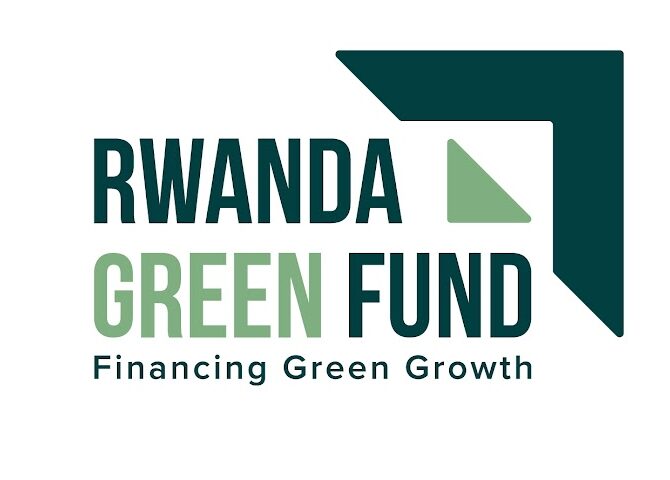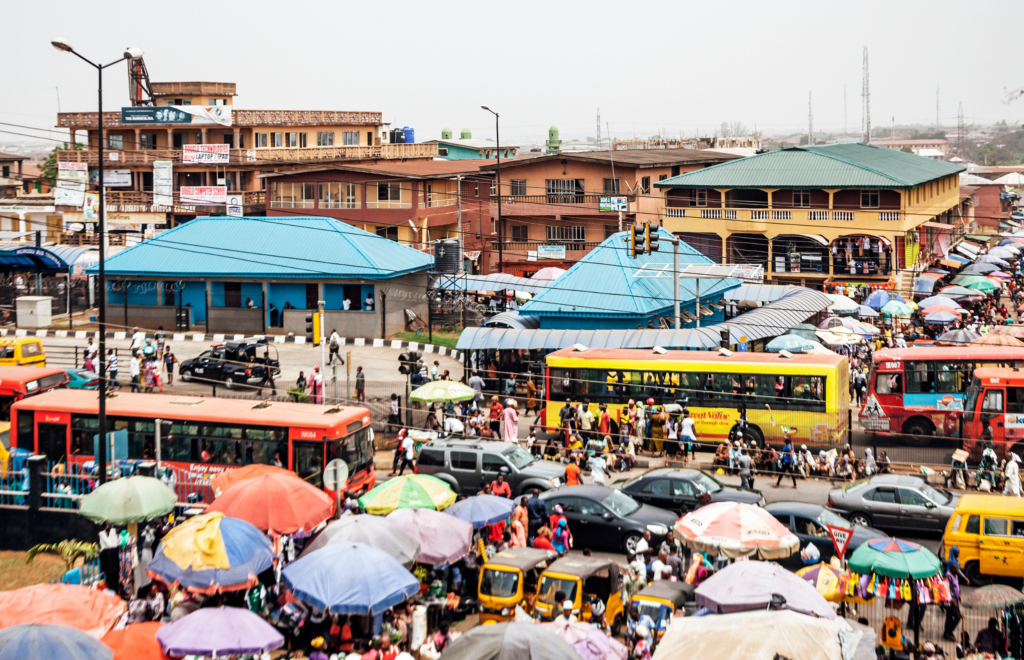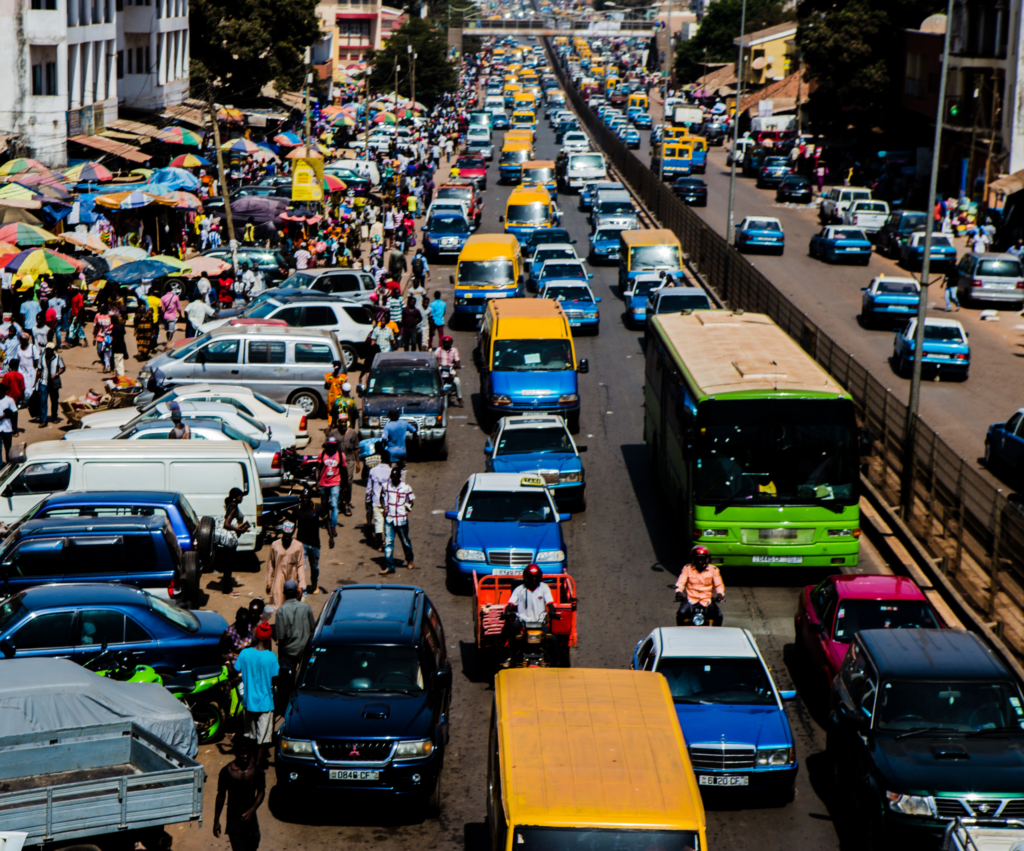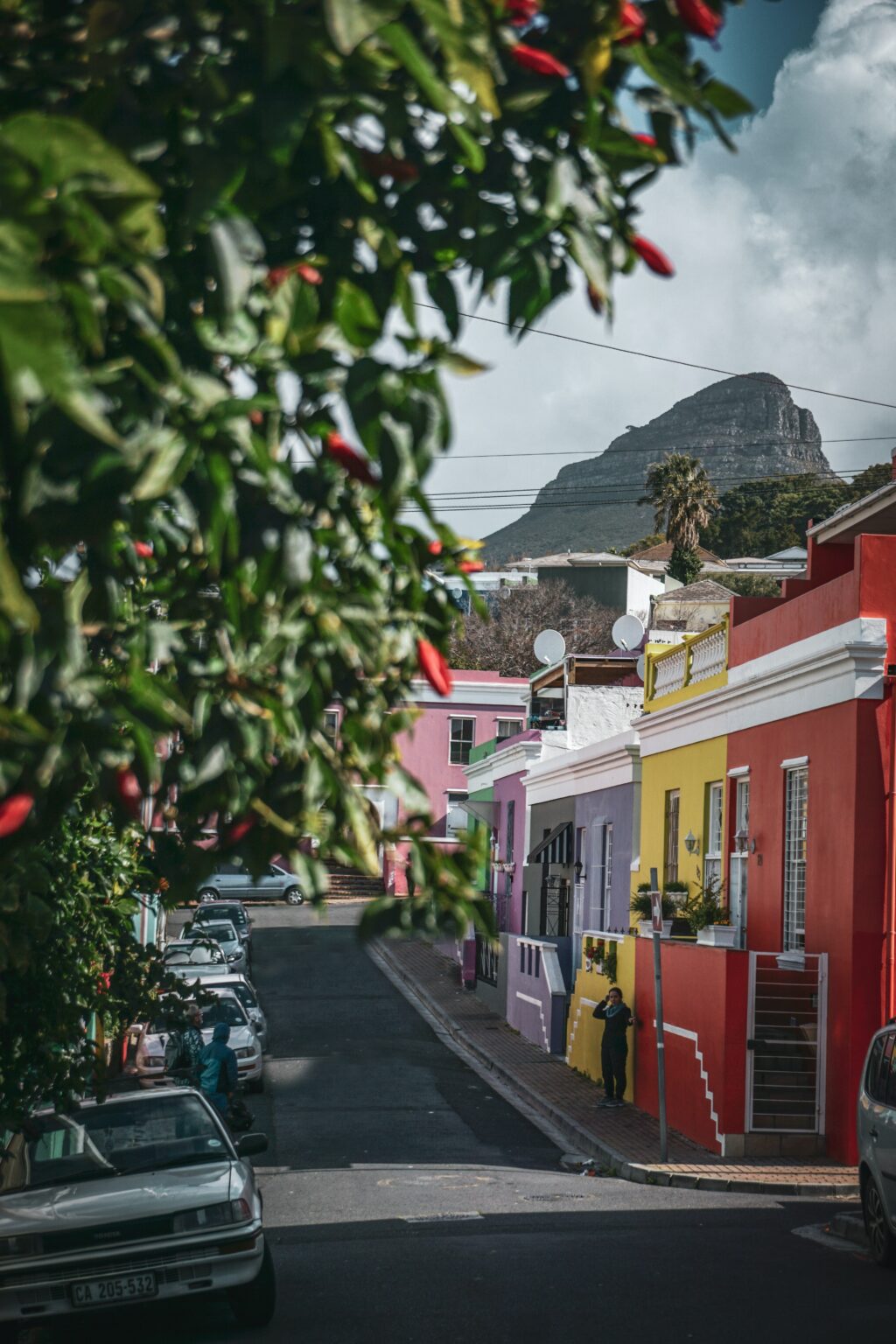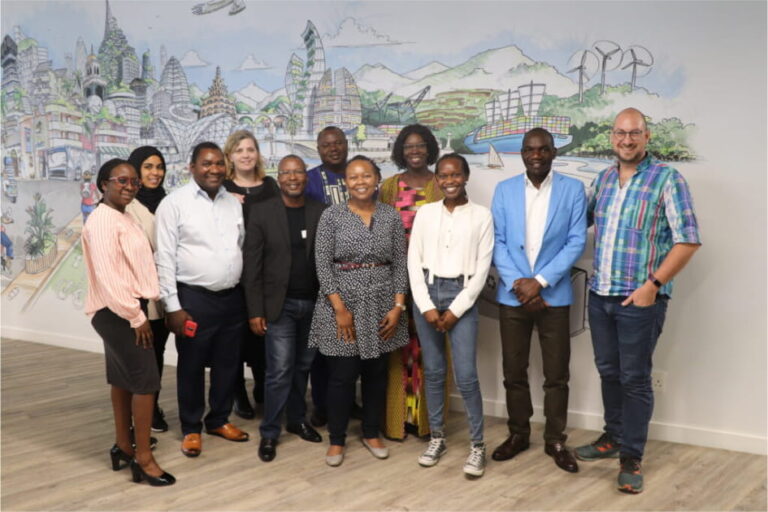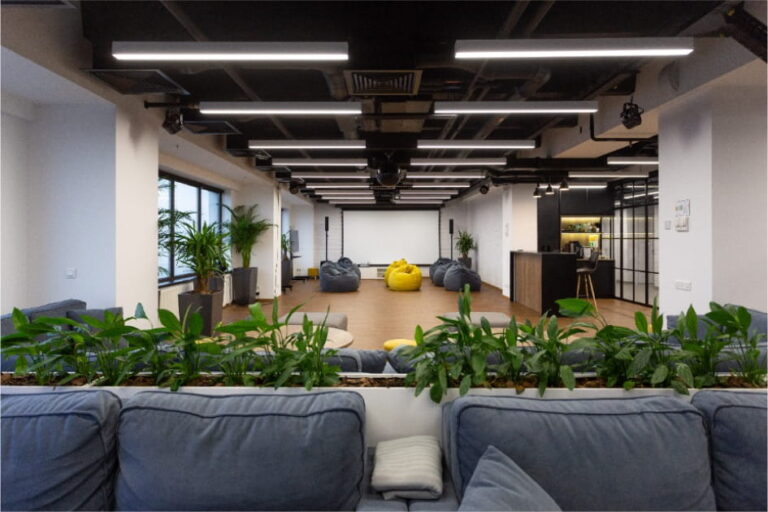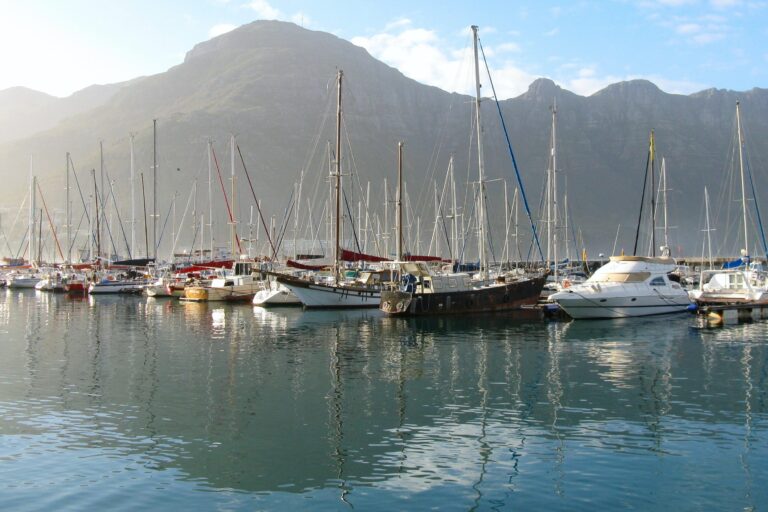Accelerating e-mobility in Rwanda
We support the mitigation of climate change impacts by creating an enabling regulatory and financial environment to accelerate the transition to e-mobility.

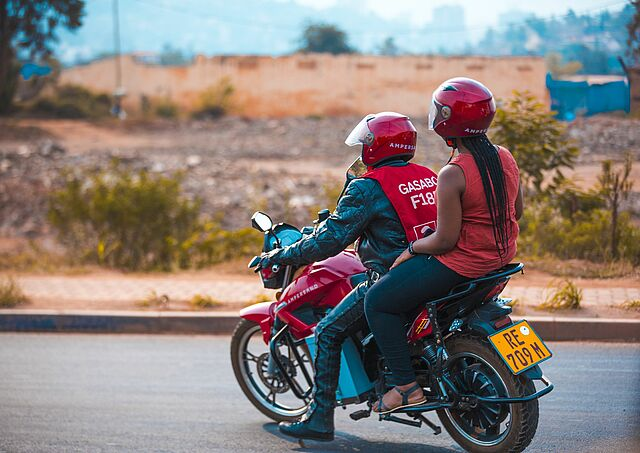

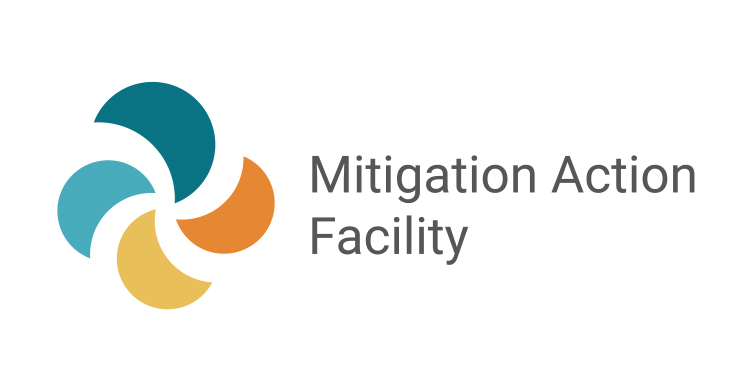
Years active:
2021 - present
Related ICLEI Pathway(s)
Locations
Funded by

About
Project summary
The Rwanda E-Moto Project is catalysing the country’s largest electric mobility shift by unlocking affordable finance and growing the ecosystem around electric motorcycles (e-motos). This innovative initiative is increasing the supply of e-motos, expanding charging infrastructure, and boosting adoption among riders with a focus on women, youth, and low-income groups.
ICLEI Africa plays a key intermediary role, building local capacity, supporting coordination across institutions, and brokering partnerships and funding mechanisms that enable scale. Through its Sustainable Finance Centre, ICLEI Africa is helping establish bankable business models that drive systemic change and ensure the sustainability of the transition beyond project life.
The E-Moto Project is working to:
- Make finance work for cities by blending public and private funding to support both manufacturers and riders.
- Expand the supply of e-motos by unlocking access to capital for manufacturing, assembly or importing parts, batteries, and installing charging stations.
- Stimulate demand through rebates and financing schemes that make e-motos accessible to informal workers and women.
- Strengthen the enabling environment by supporting Rwanda’s regulatory, technical, and financial systems for e-mobility.
- Foster resilience and equity by centring informal workers and marginalised groups in the green transport shift.
ICLEI Africa’s role:
- Convening partners through the E-Moto Partnership Group.
- Supporting project governance and Monitoring, Evaluation and Learning (MEL) frameworks.
- Leading capacity-building for government partners at the national and local level, cooperatives, and private sector players.
- Sharing lessons regionally to support peer learning and uptake of e-mobility across Africa.
Strategic framing:
This project sits at the intersection of finance, low-carbon mobility, gender equity and social inclusion, and multilevel governance, and is a practical demonstration of ICLEI Africa’s role as an impact broker connecting ambitious African cities with the tools, partners and financial mechanisms needed to implement real change.
The Rwanda E-Moto Project is catalysing the country’s largest electric mobility shift by unlocking affordable finance and growing the ecosystem around electric motorcycles (e-motos). This innovative initiative is increasing the supply of e-motos, expanding charging infrastructure, and boosting adoption among riders with a focus on women, youth, and low-income groups.
ICLEI Africa plays a key intermediary role, building local capacity, supporting coordination across institutions, and brokering partnerships and funding mechanisms that enable scale. Through its Sustainable Finance Centre, ICLEI Africa is helping establish bankable business models that drive systemic change and ensure the sustainability of the transition beyond project life.
The E-Moto Project is working to:
- Make finance work for cities by blending public and private funding to support both manufacturers and riders.
- Expand the supply of e-motos by unlocking access to capital for manufacturing, assembly or importing parts, batteries, and installing charging stations.
- Stimulate demand through rebates and financing schemes that make e-motos accessible to informal workers and women.
- Strengthen the enabling environment by supporting Rwanda’s regulatory, technical, and financial systems for e-mobility.
- Foster resilience and equity by centring informal workers and marginalised groups in the green transport shift.
ICLEI Africa’s role:
- Convening partners through the E-Moto Partnership Group.
- Supporting project governance and Monitoring, Evaluation and Learning (MEL) frameworks.
- Leading capacity-building for government partners at the national and local level, cooperatives, and private sector players.
- Sharing lessons regionally to support peer learning and uptake of e-mobility across Africa.
Strategic framing:
This project sits at the intersection of finance, low-carbon mobility, gender equity and social inclusion, and multilevel governance, and is a practical demonstration of ICLEI Africa’s role as an impact broker connecting ambitious African cities with the tools, partners and financial mechanisms needed to implement real change.
Project aims
The project is currently in its initial implementation phase. Phase 1 of implementation involves these key actions:
- Fully develop the e-moto transport finance facility which include two financial support mechanisms, namely a guarantee fund and a revolving loan facility targeted at moto drivers and moto manufacturers respectively.
- Confirming the electric motorcycle business model to ensure its near term viability for mass market deployment
- Design technical support programme which includes refining technical interventions based on a thorough market barriers analysis.
- Conduct Environmental, Social and Gender analysis for e-mobility in Rwanda, and develop an action plan for gender inclusion and mitigation measures to safeguard against potential negative socio-environmental impacts.
- Perform a waste management review and develop a waste monitoring framework for ICE motos and e-waste disposal, reuse and recycling.
- Conduct rigorous stakeholder engagements with policy makers, regulators, utility providers, private sector operators, financing institutions, informal transport associations and end-users to inform the e-mobility programme.
The project is currently in its initial implementation phase. Phase 1 of implementation involves these key actions:
- Fully develop the e-moto transport finance facility which include two financial support mechanisms, namely a guarantee fund and a revolving loan facility targeted at moto drivers and moto manufacturers respectively.
- Confirming the electric motorcycle business model to ensure its near term viability for mass market deployment
- Design technical support programme which includes refining technical interventions based on a thorough market barriers analysis.
- Conduct Environmental, Social and Gender analysis for e-mobility in Rwanda, and develop an action plan for gender inclusion and mitigation measures to safeguard against potential negative socio-environmental impacts.
- Perform a waste management review and develop a waste monitoring framework for ICE motos and e-waste disposal, reuse and recycling.
- Conduct rigorous stakeholder engagements with policy makers, regulators, utility providers, private sector operators, financing institutions, informal transport associations and end-users to inform the e-mobility programme.



